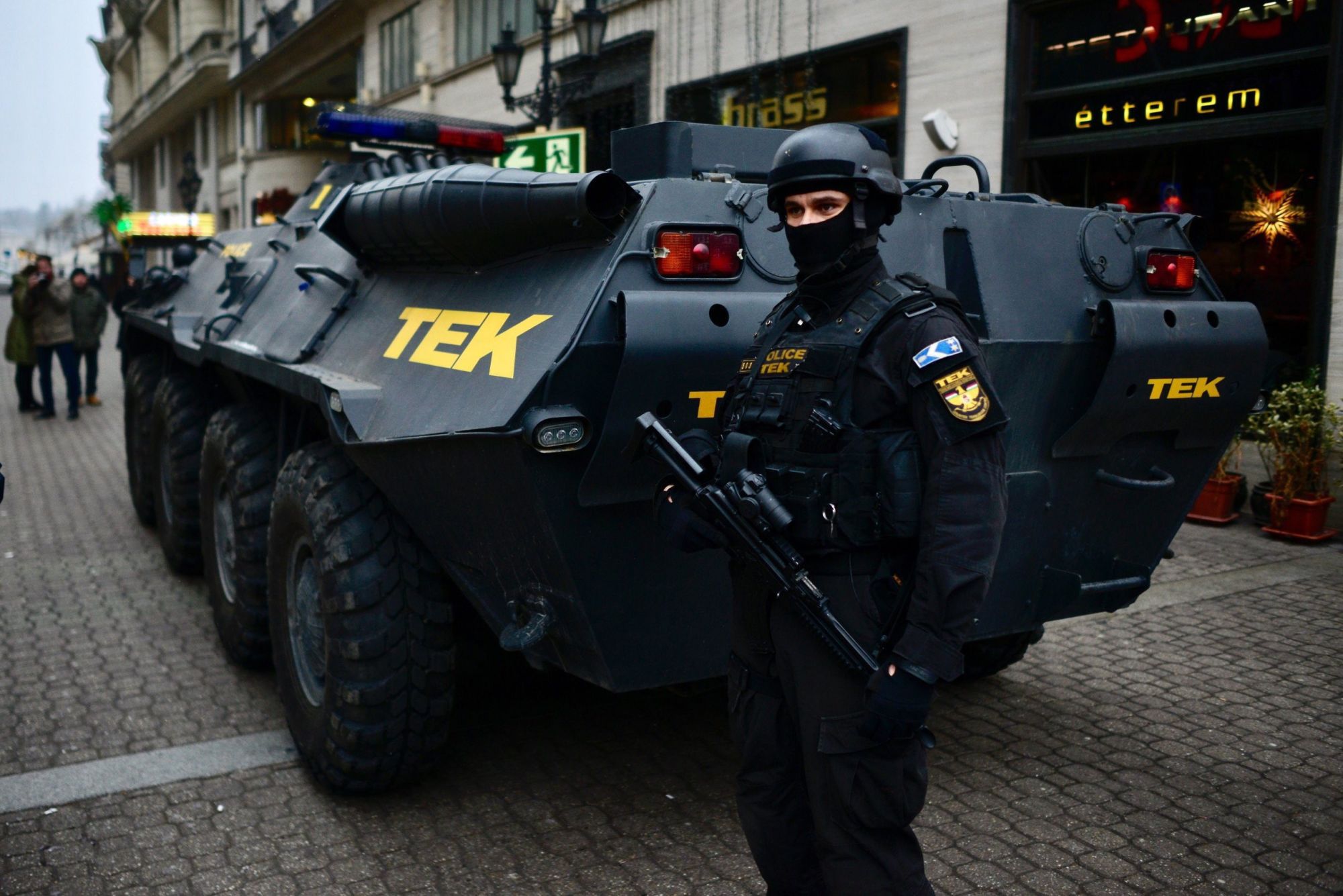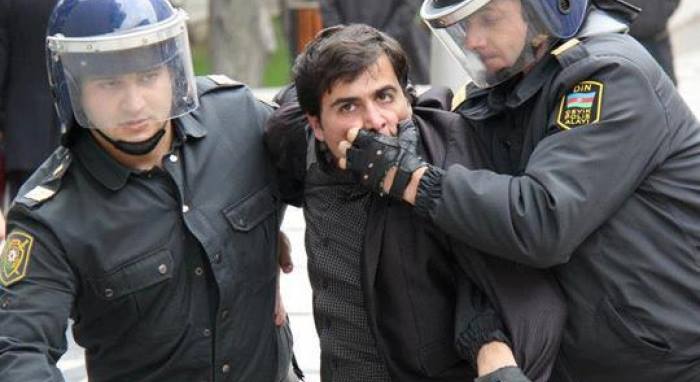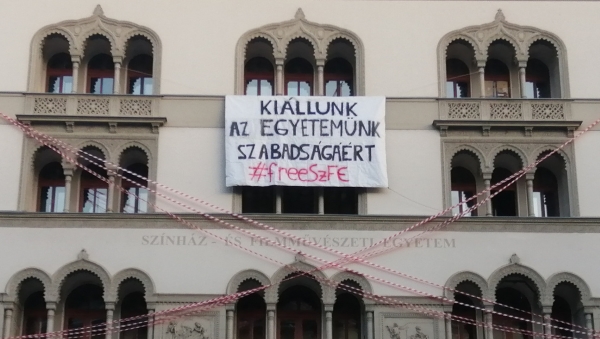On 21 March 2017 EKINT held a workshop on the judicial control of anti-terrorist secret surveillance. The problem has lost nothing of its relevance since last June when the Grand Chamber of the European Court of Human Rights ruled in Szabó and Vissy vs Hungary that the Hungarian regulation on secret surveillance within the framework of intelligence gathering for national security violates the European Convention on Human Rights. The Court held that the surveillance activities of the Anti-Terrorist Task Force (TEK) without any external (judicial) control can violate the privacy of any individual staying in the territory of Hungary. Is spite of this, however, the challenged legislation has not been amended and has not been brought into line with the requirements of the rule of law. That there has been no social debate on the issue is especially worrying, particularly with regard to the fact that anyone can be subject to secret surveillance measures.
On 21 March, upon EKINT’s initiation experts and members of institutions concerned sat down to discuss the above issues. The different, sometimes even opposing opinions of national security experts, lawyers and state representatives got somewhat closer.
EKINT’s recommendations in the issue can be downloaded here in Hungarian:






